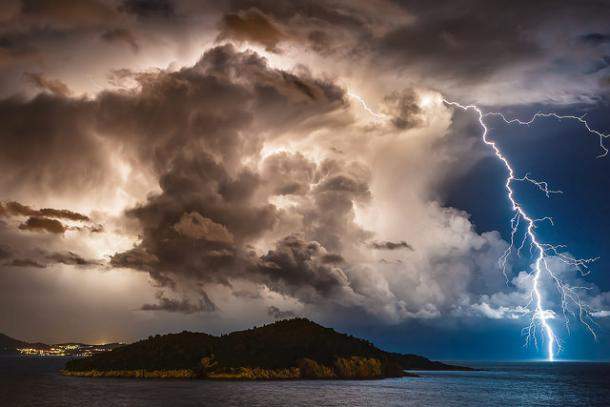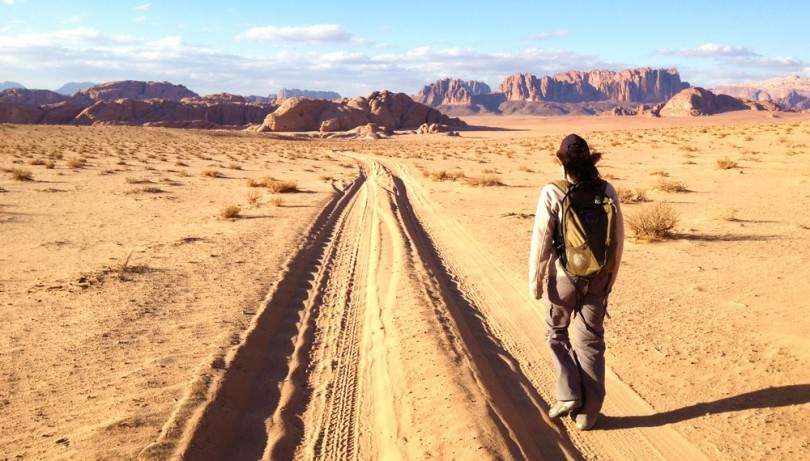Is Climate Change a Fraud?

What is the truth about Climate Change? There’s a lot of debate about whether it’s real or not, and we see news about it every day. But… what is the ultimate truth?
What is the Truth?
We often see people on Twitter, Facebook, Instagram, and other social media talking about how Climate Change is not true, that it’s a hoax, a scam, a fraud. They usually support hashtags like #ClimateScam, #ClimateFraud, #ClimateHoax and so on.
But… are they spreading the truth?
Have you or people close to you recently experienced extreme weather events that weren’t so frequent years ago? Perhaps wildfires, heatwaves, cold waves, droughts, big storms, hurricanes? Maybe other? Or even some of these combined? Have you noticed hotter summers? Colder winters?
We are here to present facts that can be checked, so keep on reading.
Some Examples of Extreme Weather Events
Here are some of the most notable examples in the last 10 years:
⇒ Hurricane Maria, 2017: One of the deadliest hurricanes in US history, Hurricane Maria caused widespread damage and devastation in Puerto Rico and other Caribbean islands. The storm was made worse by warming ocean temperatures, which fueled its intensity.
⇒ California Wildfires, 2018: California experienced some of its worst wildfires in history, which were fueled by high temperatures, drought conditions, and strong winds. The fires caused extensive damage to homes and communities and had a significant impact on the state’s economy.
⇒ Heatwave in Europe, 2019: A heatwave in Europe in the summer of 2019 shattered temperature records in many countries and led to multiple deaths. These types of events are increasing in frequency and severity.
⇒ Cyclone Idai, 2019: One of the worst tropical cyclones to hit Africa, Cyclone Idai caused extensive damage and loss of life in Mozambique, Zimbabwe, and Malawi. The storm was made more intense by warming ocean temperatures, which fueled its strength.
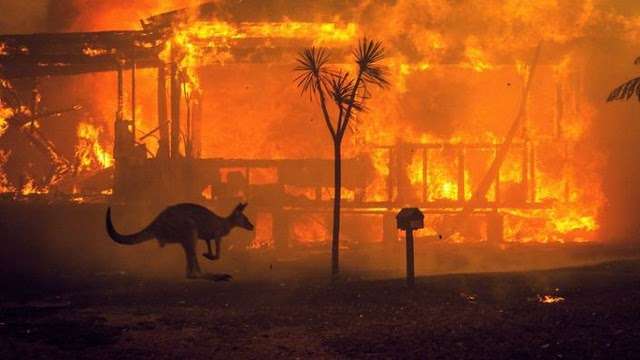
⇒ Australian Bushfires, 2019-2020: The worst bushfire season in Australia’s history, the 2019-2020 bushfires burned an area of over 17 million hectares and caused significant damage to homes, communities, and wildlife. The fires were fueled by high temperatures and drought conditions.

Other examples include, in the United States, recent cold weather events, such as the polar vortex in 2019 and the Texas freeze in 2021, that have been linked to changes in the polar jet stream caused by warming in the Arctic.
On February 3, 2023, “snow turned Australian Alps into winter wonderland in the middle of summer“, while today, just 13 days later, we have received news that “heatwave conditions scorch Australia bringing dry heat, hot nights and soaring temperatures“. This is how the climate is being affected.
These extreme weather events are just a few examples. With temperatures continuing to rise, extreme weather events are likely to become more frequent and severe, leading to significant economic and social impacts.
Denial: Follow the Money

Who would benefit from the dissemination of claims that climate change is not true?
Some people or organizations may argue that climate change is a hoax or a scam because they have a financial or political interest in maintaining the status quo.
For instance, the fossil fuel industry, which is one of the main contributors to greenhouse gas emissions, may seek to deny or downplay the impact of climate change to continue profiting from their activities. Similarly, some politicians or policymakers may deny climate change for ideological reasons, to avoid regulation or to appease their base.

Think about it: Would Samsung tell you to support Apple and buy iPhones because it is better than their phones? Would Tesla say that a Ford V12 engine vehicle is awesome and better than their vehicles? True or not, they obviously wouldn’t.
It is important to note that these short-term gains of some come at the expense of all, including long-term harm to the environment, human health, and the economy. Climate change poses a significant threat to our planet, and denying its existence or downplaying its impact only serves to delay action and exacerbate its consequences. It is crucial to acknowledge the reality and urgency of the climate crisis and take action to mitigate its impact.
We should always have in mind that claims of climate change being a scam or a hoax is not supported by scientific evidence. These are false claims that have been debunked repeatedly by scientific experts, and there is no legitimate benefit to supporting this view.
Supporting False Claims
People who support “climate scam” claims are likely being used by others to profit from their actions and beliefs. If not, they are likely making money off of it themselves.
However, despite the overwhelming scientific evidence, some individuals and organizations continue to deny the reality and severity of climate change.
Do not let your intelligence be underestimated and come with us to learn a bit more about the true and real Climate Change issue, why we should take it seriously, and why we must act now to stop it.
What is Climate Change?
Climate change refers to the long-term changes in the Earth’s climate system, including changes in temperature, precipitation, and weather patterns.
The Earth’s climate is a complex system that is influenced by a variety of factors, including the sun, the atmosphere, and the oceans.
Human activities, such as burning fossil fuels, deforestation and industrial processes, are contributing to an increase in greenhouse gas concentrations in the atmosphere, which is causing climate to change.
Greenhouse gases, such as carbon dioxide and methane, trap heat in the Earth’s atmosphere, which keeps the planet warm enough to support life.
However, the increase in greenhouse gas concentrations is causing the Earth to warm at an unprecedented rate. Since the Industrial Revolution, human activities have caused the Earth’s average surface temperature to rise by about 1°C (1.8°F), with most of the warming occurring in the last few decades.
The consequences of climate change are far-reaching and include rising sea levels, more frequent and severe heatwaves, droughts, and storms, and the extinction of many plant and animal species.
Why It is Not a Hoax
Despite overwhelming scientific evidence, some people continue to deny the existence and severity of climate change.
Here are some facts:
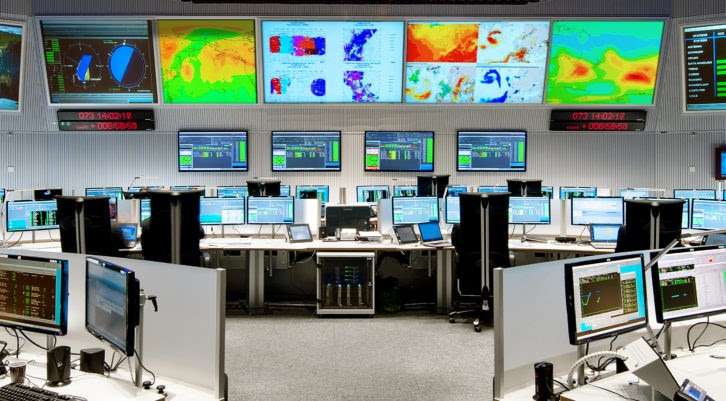
Scientific Consensus: 97% of climate scientists agree that climate change is happening, and it is primarily caused by human activities. This consensus is based on multiple lines of evidence, including temperature records, ice cores, and ocean acidification.
Observable Impacts: We are already seeing the impacts of climate change, including melting glaciers, rising sea levels, and more frequent and severe heatwaves, droughts, and storms. These changes are happening faster than predicted, and their effects are being felt worldwide.
The Cost of Inaction: The cost of inaction on climate change is too high to ignore. The United Nations estimates that the economic costs of climate change will exceed trillions of dollars in the coming decades. In addition, climate change has severe implications for public health, food security, and social stability.
Why We Should Take It Seriously
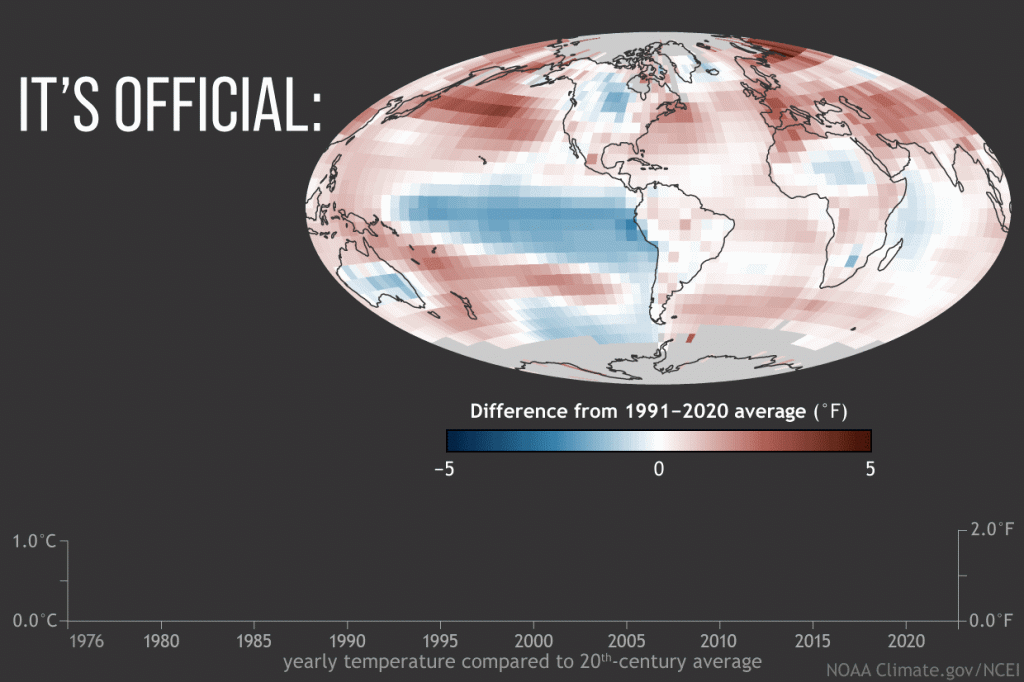
Climate change is not just a scientific issue; it is a moral, ethical, and social issue that affects every aspect of our lives. Here are some reasons why:
Human Health: Climate change leads to an increase in air pollution, heat-related illnesses, and the spread of diseases, leading to serious health implications for humans.
Food Security: Climate change threatens global food security by reducing crop yields, diminishing fish stocks, and increasing the risk of pests and diseases.
National Security: Climate change is a significant threat to national security, leading to resource conflicts, migration, and political instability.
Why We Must Act Now
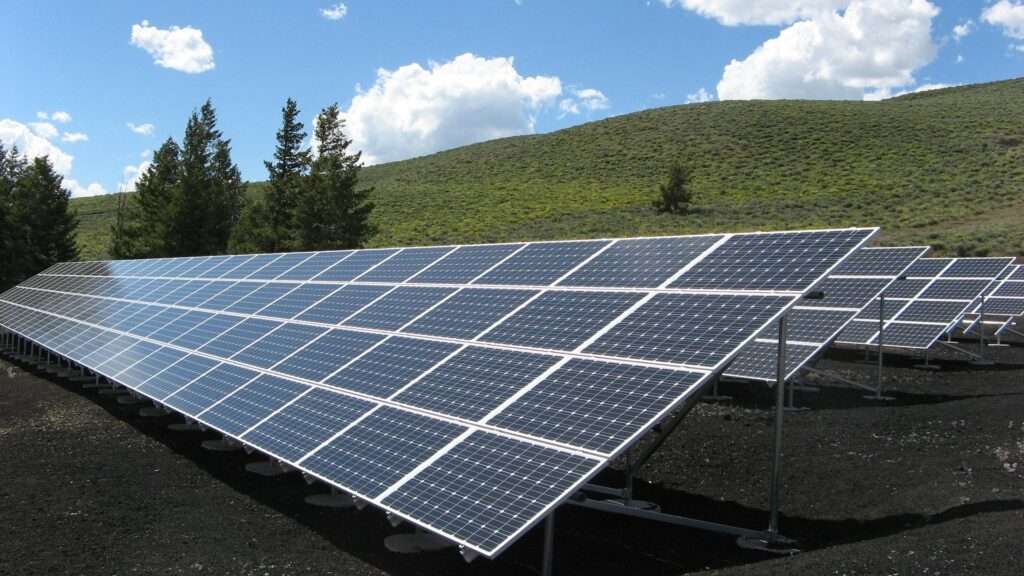
The longer we wait to address climate change, the harder and more expensive it will become to tackle it.
Some prompt actions we can take to mitigate its effects are:
Technological Solutions: Renewable energy technologies such as wind, solar, and hydropower are becoming increasingly competitive with fossil fuels, providing a cleaner and cheaper alternative.
Policy Action: Governments can play a significant role in reducing greenhouse gas emissions through policies such as carbon taxes, regulations, and subsidies for clean energy.
Collective Responsibility: Climate change is a global problem that requires collective action from individuals, communities, businesses, and governments worldwide.
We must all act together.
The Real Deal
Climate change is a real and urgent issue that requires immediate action.
Denying its existence or severity will only exacerbate its impact and cost.
it is crucial to reduce greenhouse gas emissions by transitioning to cleaner energy sources, such as wind and solar power, and by implementing policies and practices that reduce energy consumption and promote sustainable land use.
It is also important to prepare for and adapt to the impacts of climate change and its consequences that are already happening, such as more frequent heatwaves, cold waves, droughts and floods, landslides, etc.
It is time to take climate change seriously, acknowledge the scientific consensus, and act now to reduce greenhouse gas emissions and transition to a cleaner, more sustainable future.


